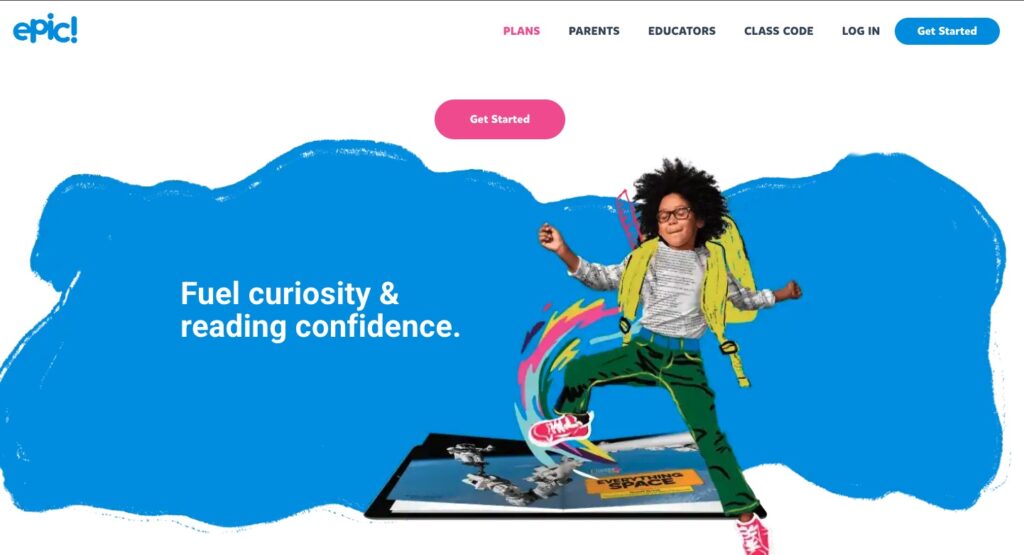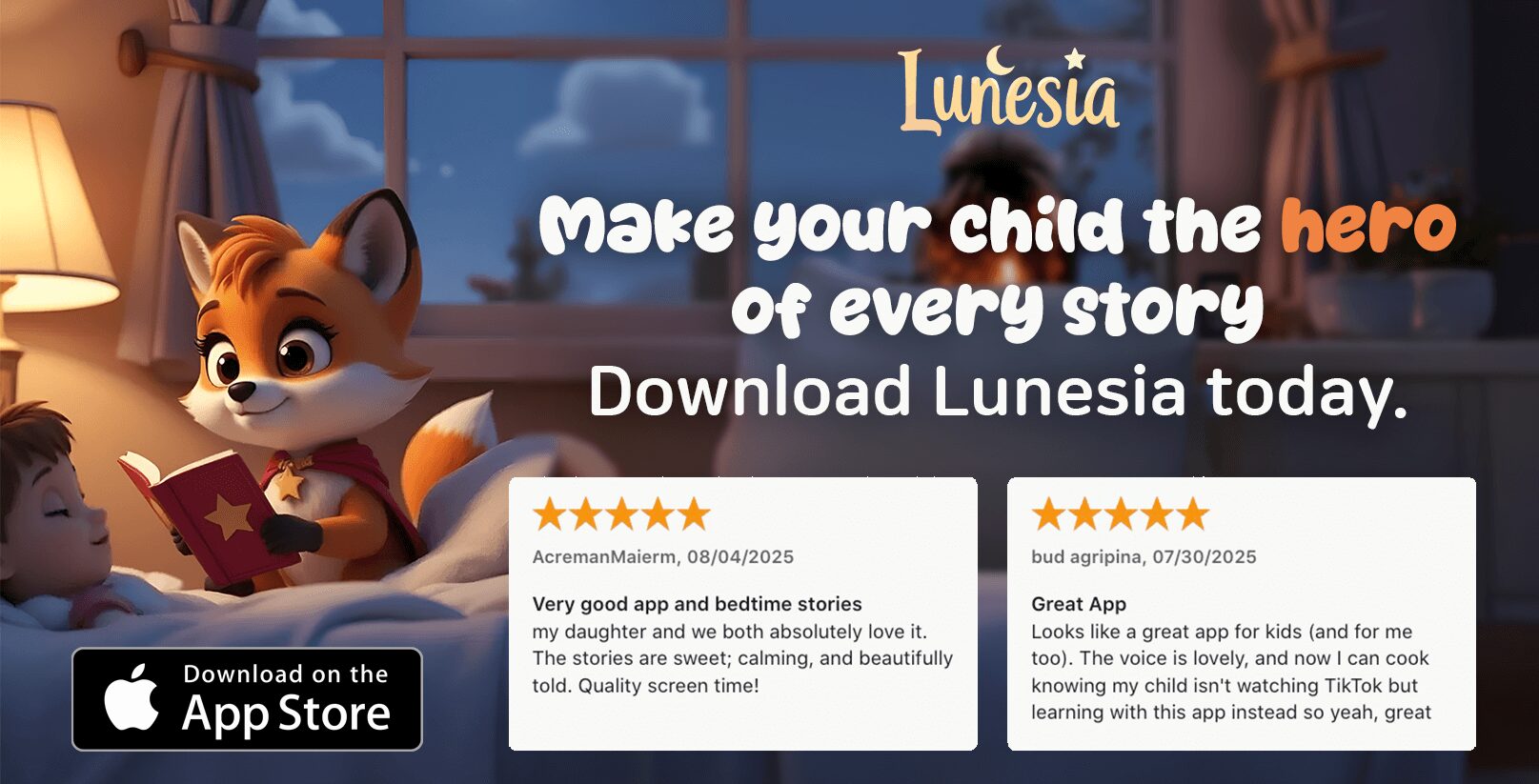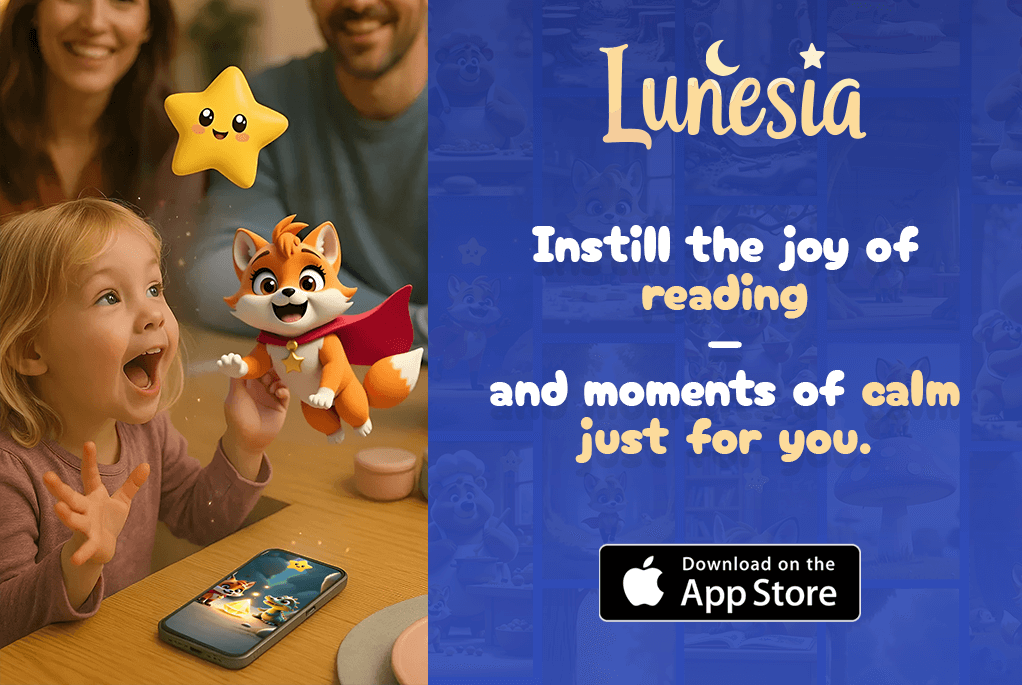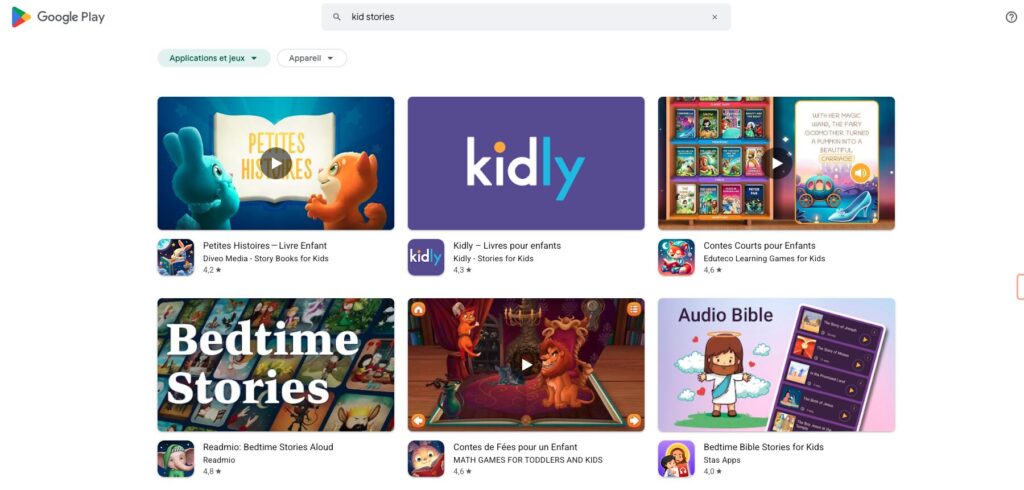As a teacher and a parent, I’ve spent countless hours exploring reading apps with my students and children. While Epic! is fantastic, there are other great options that offer unique interactive storytelling experiences.
I’m excited to share my top picks for reading apps that cater to various ages and reading levels. These platforms not only entertain but also educate and inspire a love of books in kids and students.
Each alternative offers something special, whether it’s Disney-powered content, assessment tools, or game-based reading adventures, making learning fun and engaging.
Why Look Beyond Epic! Reading App
The popularity of Epic! is undeniable, but it’s crucial to examine what makes it so well-liked and where it falls short in supporting diverse learning needs. As educators, understanding these aspects can help us make informed decisions about the reading programs we choose for our students.
What Makes Epic! Popular
Epic!’s vast library of children’s books and educational content makes it a favorite among teachers and students alike. Its ease of access and user-friendly interface contribute to its popularity, allowing students to navigate and enjoy the reading material with minimal supervision. The platform’s ability to track progress is also a significant advantage, helping teachers tailor their teaching methods to individual needs.
Limitations of Epic!
Despite its many strengths, Epic! has some limitations. For instance, it lacks certain interactive features like annotation tools and recording capabilities that some alternative platforms offer. Additionally, while its content is extensive, it doesn’t include certain branded materials, such as Disney, which might engage reluctant readers. For students with learning differences, Epic! may not provide the same level of support as specialized platforms, making it essential to explore other options to ensure every student has the best possible reading experience.
Key Features to Look for in Epic Reading App Alternatives
As an educator, I look for reading apps that offer more than just a vast library; they should provide interactive and engaging experiences for students. When evaluating alternatives to Epic! Reading App, several key features stand out.
Interactive Elements
Interactive elements are crucial for keeping kids engaged. Look for apps that offer quizzes, discussion questions, and response activities that encourage critical thinking and creativity. For instance, some apps feature multiple-choice comprehension questions and short response questions that help assess understanding.
Content Library Size and Quality
The size and quality of the content library are vital. A good reading program should have a diverse range of books at various reading levels to cater to different grades and learning needs. The content should be curated to support learning and literacy development.
Educational Value
The educational value of a reading app is paramount. It should align with educational standards and offer features that support teachers in assessing student progress. Look for apps that provide comprehension quizzes and track reading progress to ensure they meet the needs of both students and educators.
ReadingIQ: Disney-Powered Reading Experience
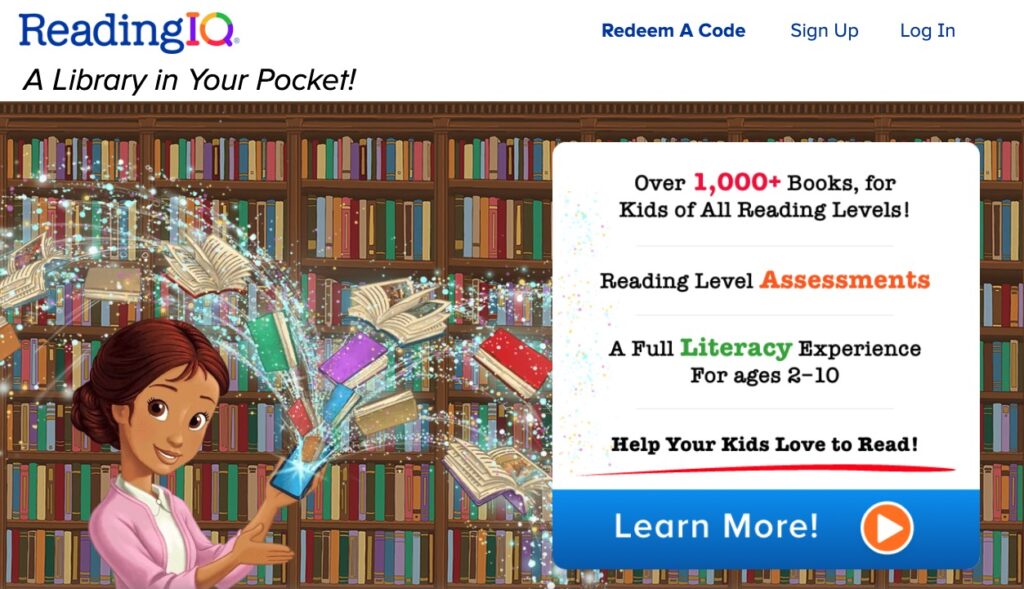
Discover a world of enchanting stories with ReadingIQ, a Disney-powered reading app designed to captivate young minds. As a parent, you’re always on the lookout for engaging and educational content for your kids, and ReadingIQ fits the bill perfectly.
Overview and Unique Features
ReadingIQ boasts an impressive and growing library that includes titles from Disney’s family of properties. This makes it particularly appealing to kids who are familiar with Disney characters, motivating them to read more. The app is free for teachers, making it an accessible tool for classroom learning.
Interactive Storytelling Elements
The Disney connection is ReadingIQ’s biggest strength, offering familiar characters that instantly engage kids and motivate them to read more frequently. The visual design is polished and appealing, creating an inviting reading environment that kids enjoy navigating.
Pros and Cons
Some of the key advantages of ReadingIQ include its Disney-powered content, free access for teachers, and its visually appealing design. However, it’s worth noting that ReadingIQ is still relatively new compared to Epic!, and its library, while growing, isn’t quite as extensive yet. Additionally, the platform focuses primarily on reading without as many supplementary educational features or interactive elements as some competitors offer.
Lunesia: Interactive Bedtime Adventures that Foster Courage and Kindness
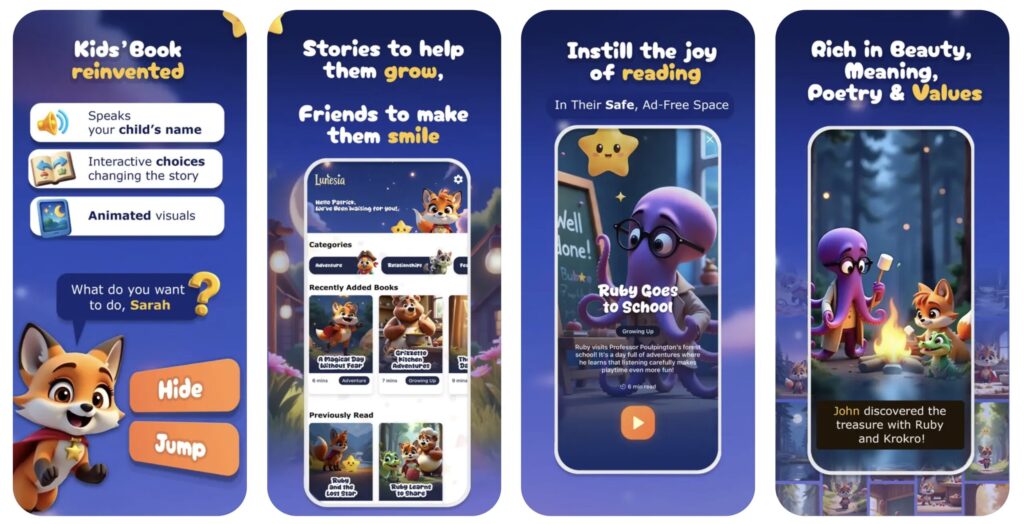
If you’re looking for a more immersive experience than static reading, Lunesia stands out as a storytelling app designed especially for children ages 3–7. Unlike many competitors, Lunesia doesn’t just provide passive stories—it invites kids to actively participate and influence the outcome of each adventure.
Overview and Unique Features
Lunesia introduces a magical world where Ruby the fox and her friends guide children through stories that combine emotion, imagination, and character-building values. The app focuses on two key goals:
- Easing bedtime fears through interactive stories and guided meditations.
- Building core values like kindness, courage, and cooperation, with adventures where kids’ choices shape the narrative.
Interactive Storytelling Elements
Each session lasts about 5–10 minutes and integrates interactive elements: children might answer simple questions, sing along with Ruby, or help a star find its light. These micro-interactions transform bedtime stories into an active, empowering, and soothing experience.
Pros and Cons
Pros:
- Perfect for bedtime routines and overcoming nighttime fears.
- Interactive experiences tailored for ages 3–7.
- Strong focus on emotional growth and values (kindness, courage, creativity).
- Available in multiple languages, encouraging early language learning.
Cons:
- Smaller story catalog compared to Epic! or Raz-Kids.
- More focused on interactive, emotional experiences than academic assessment.
Raz-Kids: Assessment-Focused Reading Platform
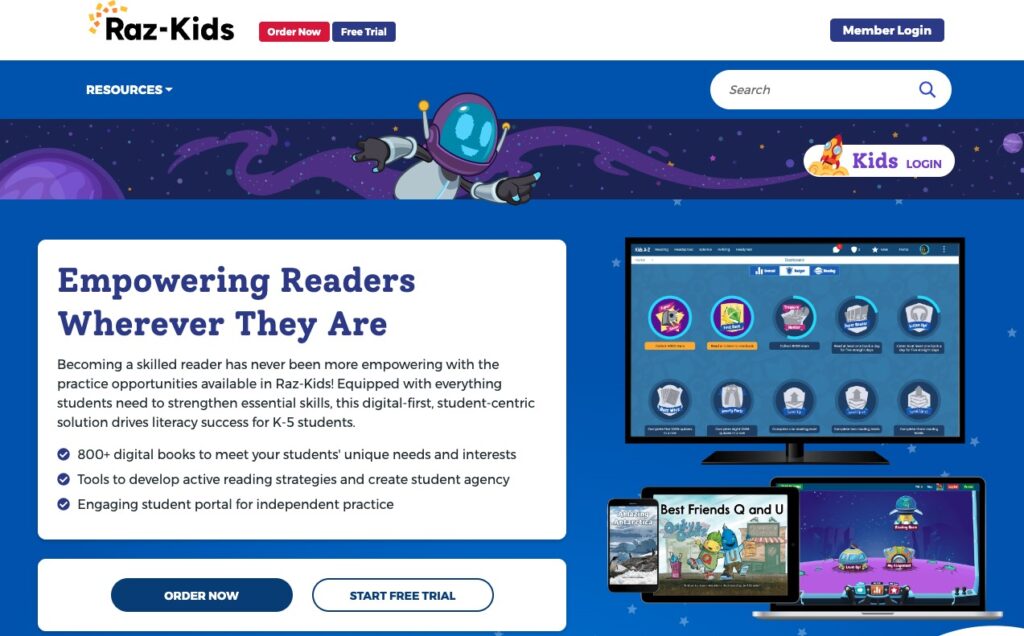
Raz-Kids is redefining reading education with its innovative assessment tools. This platform is designed to help teachers assess student reading progress effectively.
Overview and Unique Features
Raz-Kids offers a unique approach to reading education by focusing on assessment. With a library of books and quizzes, it provides a comprehensive reading experience. Students can read books aloud and record themselves, allowing teachers to assess their reading skills.
Interactive Recording and Feedback Tools
The platform’s interactive recording feature enables students to read aloud and send recordings to teachers for feedback. This tool creates accountability and allows for personalized feedback, closely mimicking one-on-one reading conferences.
Pros and Cons
Raz-Kids offers unmatched assessment tools, providing detailed insights into student comprehension and fluency. However, its library is smaller compared to other platforms, which may limit options for some readers. Despite this, the platform’s focus on assessment makes it a valuable tool for teachers seeking to improve reading skills.
Lingokids: Language Learning Through Interactive Stories
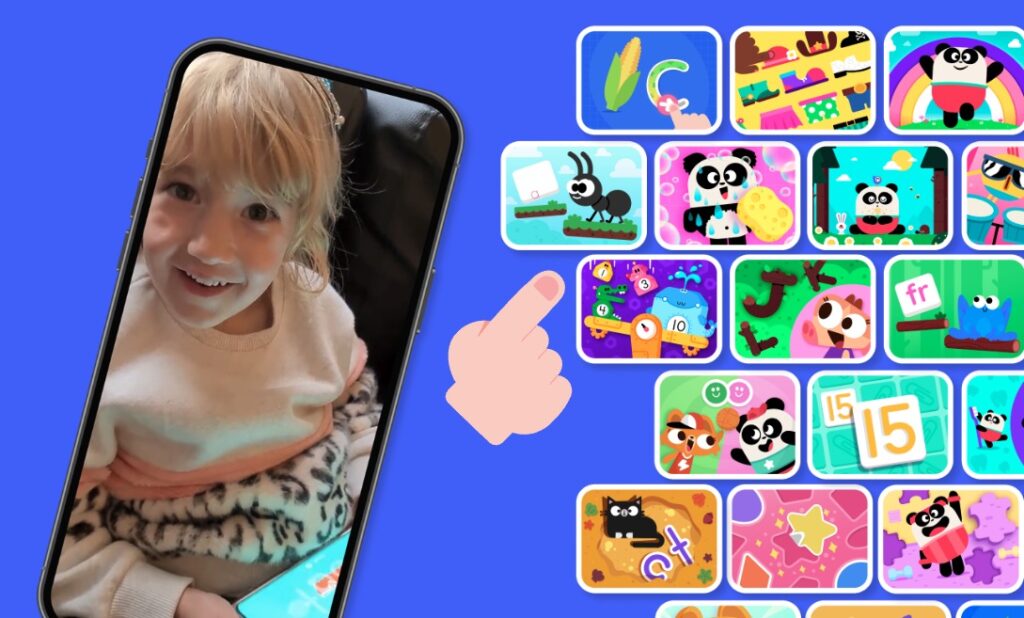
Lingokids offers a unique approach to language learning, making it fun for children through interactive storytelling. This educational app is designed for young learners, primarily focusing on English language skills.
Overview and Unique Features
Lingokids specializes in educational technology, offering a variety of interactive learning activities and games. Its content is tailored for early childhood education, making it an ideal tool for parents and students alike. The app’s multilingual approach is particularly beneficial for diverse classrooms and bilingual families.
Multilingual Interactive Activities
The platform excels at making language learning engaging through interactive stories and games. These activities are designed to develop language skills and other essential cognitive abilities in a fun and engaging way, making it suitable for kids in preschool through early elementary grades.
Pros and Cons
Pros: Lingokids’ multilingual approach and interactive activities make it ideal for diverse learning environments. It’s also designed for younger children, making it a great tool for early language learning. Cons: The focus on language learning means the traditional “library” of books is more limited compared to other platforms, and it’s more suited to younger grades (PreK-2).
Rebel Girls: Empowering Interactive Storytelling
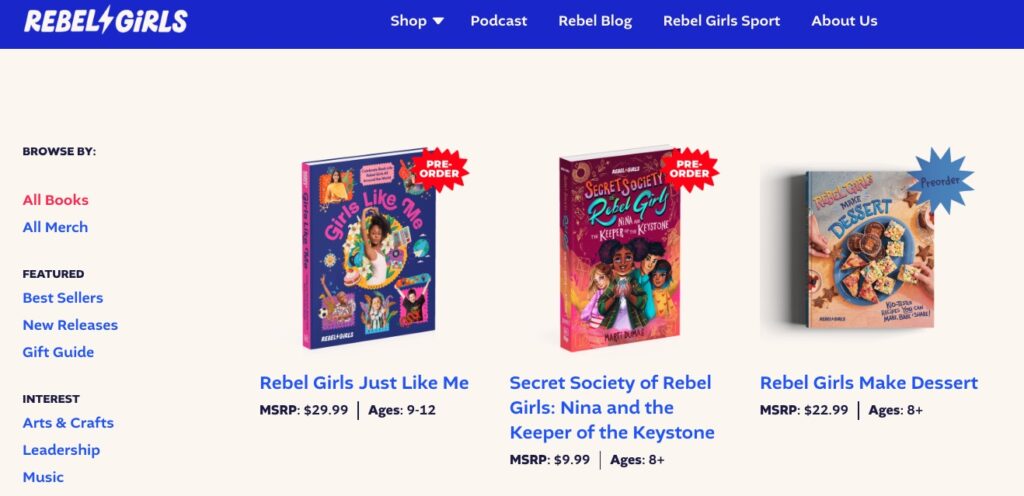
Discover the world of Rebel Girls, where interactive storytelling meets empowerment for Generation Alpha girls. This platform is designed to provide young girls with strong female role models and engaging stories that inspire and educate.
Overview and Unique Features
Rebel Girls offers a unique reading experience with its focus on diverse female role models across various fields and time periods. The platform provides high-quality content that is both entertaining and educational, making it an excellent option for kids ages 4-12.
Audio Stories and Interactive Experiences
The platform features audio stories narrated by celebrity voices, adding an exciting dimension to the storytelling experience. Additionally, Rebel Girls offers interactive experiences that cater to different learning preferences, ensuring that young readers remain engaged.
Pros and Cons
Rebel Girls fills an important gap in children’s media by highlighting diverse female role models. However, its specialized focus means a smaller overall library compared to more general platforms. Despite this, the platform’s unique content and interactive features make it a valuable option for students and parents seeking empowering stories.
SplashLearn: Game-Based Reading Adventures
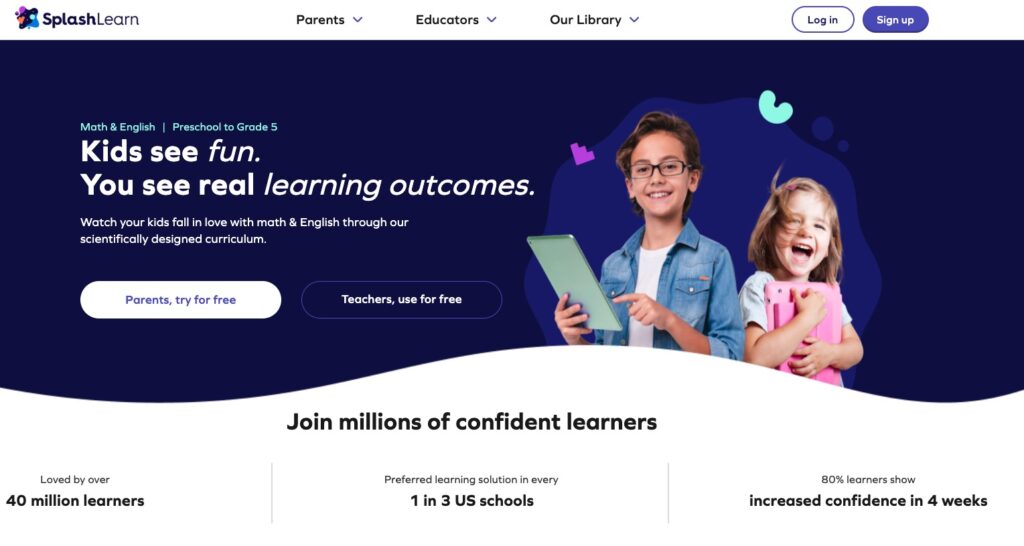
SplashLearn is making waves in the educational technology sector with its game-based learning approach for kids in pre-kindergarten to grade 5. By incorporating interactive elements and a curriculum that includes educational games and worksheets, SplashLearn makes learning both fun and engaging for young students.
Overview and Unique Features
SplashLearn offers a comprehensive curriculum that covers reading and math, making it a versatile tool for teachers and parents. Its adaptive technology adjusts the difficulty level based on individual student performance, ensuring an optimal learning experience.
Gamification Elements for Reading Engagement
The platform’s gamification elements are designed to motivate reluctant readers by making reading a fun, interactive experience. By leveraging game-based learning, SplashLearn encourages students to engage more deeply with reading content.
Pros and Cons
Pros: SplashLearn’s game-based approach is highly motivating for reluctant readers. It addresses multiple subjects, allowing teachers to use a single platform for different content areas. The adaptive technology ensures kids are challenged appropriately.
Cons: The heavy gamification might be distracting for some students. The focus on games sometimes means less time spent on actual book content compared to more traditional reading platforms.
Comparison Chart: How These Alternatives Stack Up Against Epic!
Epic! has several alternatives, but how do they stack up in terms of content, price, and age suitability? Let’s compare the key features of Epic! and its top alternatives to help you make an informed decision.
Price Comparison
The pricing models of these reading apps vary significantly. For instance, Epic! offers a free version with optional paid upgrades, while some other apps may have different pricing tiers based on the content and features offered. Here’s a brief overview:
- Epic!: Free with optional paid upgrades
- Lingokids: Subscription-based model
- SplashLearn: Offers a free trial, then subscription-based
- Raz-Kids: Subscription-based with various plans
Content Library Size
The size and quality of the content library are crucial factors. Epic! boasts a vast library suitable for children aged 2-12. Here’s how the alternatives compare:
- Epic!: Thousands of books across various age groups
- Lingokids: Focuses on early childhood education with a smaller but high-quality library
- SplashLearn: Offers a range of educational content for PreK-5
- Raz-Kids: Extensive library with leveled texts for PreK-5
Age Range Suitability
The age range suitability varies across these platforms. For example:
- Epic!: Suitable for children aged 2-12
- Lingokids: Primarily for younger children aged 2-8
- SplashLearn and Raz-Kids: Both target the PreK-5 range
When choosing a platform, consider not just your current needs but also room for growth. Ideally, you want an app that can grow with your child or students over several years to maximize your investment.
Conclusion
Having examined the best alternatives to Epic!, we can see that the digital reading landscape is rich with specialized tools designed to enhance the reading experience for kids. Each of the platforms reviewed offers unique features that cater to different educational needs and goals.
ReadingIQ stands out with its Disney-powered content, while Raz-Kids excels in assessment and progress monitoring. Lingokids is ideal for multilingual families, and Rebel Girls offers empowering stories for young girls. Meanwhile, SplashLearn makes reading practice engaging through gamification.
When choosing an app, consider your students’ unique needs and learning styles. The most important factor is finding an app that keeps kids excited about reading and books. Epic! remains a great option, but combining it with one of these alternatives can create a comprehensive reading experience. Ultimately, the goal is to foster a love for books and reading in kids, making access to quality educational videos and apps crucial. By selecting the right platform or combination of platforms, educators can provide students with the learning tools they need to succeed.
FAQ
What are some good alternatives to the Epic! reading platform for kids?
Some top alternatives include ReadingIQ, Raz-Kids, Lingokids, Rebel Girls, and SplashLearn, each offering unique features and interactive storytelling elements.
How do I choose the best reading program for my child?
Consider factors such as the size and quality of the content library, interactive elements, educational value, and age range suitability to find the best fit for your child’s needs.
Are these alternatives suitable for different age ranges and grades?
Yes, each platform has its own age range and grade level suitability, so be sure to check the specific details for each alternative to ensure it’s a good fit for your child.
Can I track my child’s progress and comprehension with these alternatives?
Many of these platforms, such as Raz-Kids, offer assessment tools and quizzes to help track your child’s progress and comprehension, providing valuable insights for parents and educators.
Are these reading programs available on multiple devices and platforms?
Most of these alternatives are available on various devices, including tablets, smartphones, and computers, making it easy to access them from anywhere.
How do these alternatives support teaching and learning in the classroom?
Teachers can use these platforms to supplement their teaching with interactive and engaging content, and many offer features such as lesson plans and activities to support classroom instruction.
